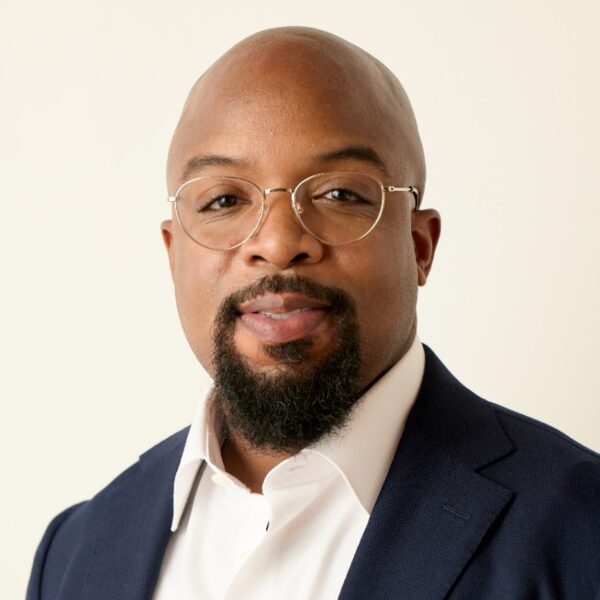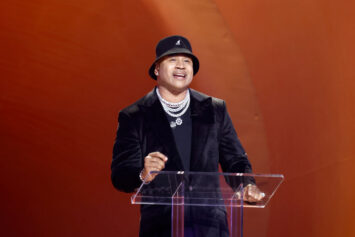A group of Black celebrities have invested in a neobanking system that will serve the underbanked in the Black community. The group not only celebrates a successful Series A funding but a company launch that promises to change people’s lives, specifically the Black women.

On June 13, Kinly, an inclusive fintech company, announced it raised $15 million after the Series A funding round, increasing the value of the neobank to $65 million and building on a previously raised $5 million, according to an interview with AXIOS.
Forbes notes a neobank is a fintech firm that uses apps, software, and other technological systems to streamline mobile and online banking. They are also “challenger banks.”
Simply put, neobanks are online banks.
Black Americans are using digital-only banks as their primary financial institution more than any other ethnic group in the U.S., a new analysis from business research firm Morning Consult found.
Morning Consult drew its analysis from a series of surveys between July 2021 and January 2022. The firm found that 14 percent of Black people said a digital bank was their primary banker compared to 8 percent of white people and 13 percent for Hispanics. Black people also outpace other ethnicities in having credit union accounts, the surveys found.
Leading this recent leg of investments were Forerunner Ventures, Point 72, Anthemis Group, Kapor Capital, actress Gabrielle Union, basketball star Kevin Durant, and former professional football player Marshawn Lynch.

Kinly breaks into the neobank space with a focus “on a tighter demographic than the last generation of challenger bank, which sought to serve broader markets,” specifically zeroing in on the niche market of Black millennial women.
That population of Black women, from the age of 26 to 41, already makes up 70 percent of Kinly’s 22,000 beta users and accounts for over 300,000 on the waitlist.
Kinly’s CEO and founder Donald Hawkins said, “There are so many different entities that focus on underserved communities, but they typically don’t look like the communities that they serve.”
The executive stated he has a leadership staff that is two-thirds female, two-thirds Black, and 100 percent BIPOC (Black, Indigenous, people of color) and says the company’s “secret sauce is representation.”
Hawkins, in 2020 after the summer of civil unrest prompted by the death of George Floyd, created the Atlanta-based company to close the wealth gap between African Americans and whites. He chose to concentrate on Black women because he believes they are the bedrock of the community.
The founder said, “We believe that if Black women win, the entire community wins. She’s the one that’s teaching her children, nieces and nephews, brothers and sisters.”
“If we really hit the way we’d like to with Black millennial women,” he continued to say. “We could potentially stop the next generation of Black America joining the same path as so many of us have gone through.”
Over the last few months, the company has been growing.
Earlier in the spring, Kinly announced the neobank partnered with Haven Life, the customer-centric life insurance agency backed and wholly owned by Massachusetts Mutual Life Insurance Company (MassMutual), to create opportunities for Black Americans to have more access to term life insurance.
This is only the start for the company, according to Hawkins, who believes financial education is one of the keys to financial independence.
Kinly will accomplish this teaching, according to his conversation with Visa, through podcast-like mini-courses that he calls bite-sized “playlists.” In these playlists, his team will break down concepts about money and investing with language the average person can understand.
The goal is to make conversations about wealth management, financial literacy, and money habits digestible, while seamlessly offering an alternative for Black people to traditional banking. With this new round of funding, the next rollout of tools to accomplish this will move people from various stages in their financial lives.
“We’re really thoughtful about the stages of your life, from debtor to saver to investor,” Hawkins said. “What does the life cycle look like for our members? What is their goal? The answer: financial independence.”
Hawkins and the Kinly staff, with their new funding, are building a team to look like and represent the market that they say they want to serve, helping close the wealth gap and grasp the financial independence so many want.




